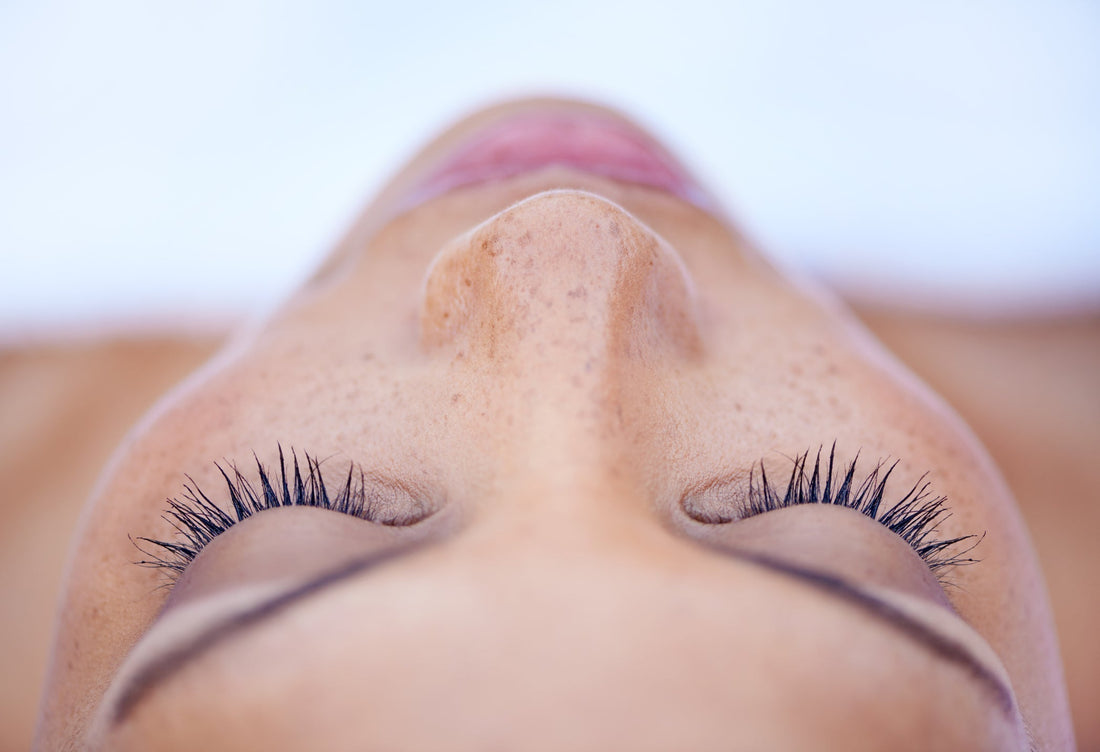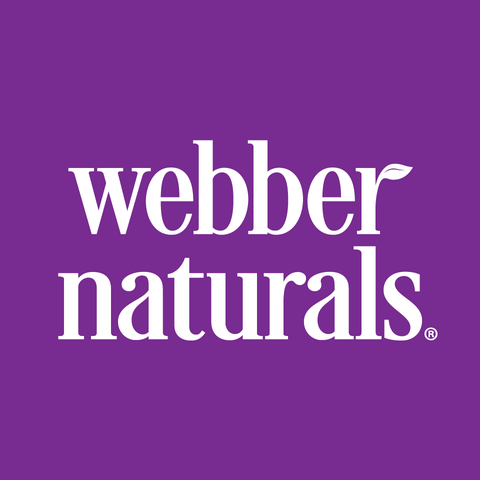Read Time: 4 min | Categories: Body Health | Collagen
Biotin or Collagen ? A Comparison
Webber Naturals
Share this article
Both collagen and biotin are common ingredients found in beauty supplements for hair, skin, and nails. But when choosing the right product, how do you know which nutrient is best? Do they offer the same benefits, or are they altogether unique? This article will compare the research on biotin and collagen and answer the two most frequently asked questions about these buzz-worthy beauty supplements.
Collagen Benefits
Collagen supplements have recently exploded in popularity, making many people wonder, what is collagen good for, anyway? As the most abundant protein in the body, making up 25–35% of total body protein, every organ depends on collagen for its structure and function. Unfortunately, around the age of 20, natural collagen production begins to decline by 1% per year, and for women, an even more rapid decline occurs post-menopause. [1]
As collagen levels drop, connective tissue becomes vulnerable to damage, and fine lines and wrinkles ensue. Along with naturally declining collagen levels, a variety of external factors, such as smoking, exposure to UV rays, and stress, can further accelerate collagen loss. [1] Collagen can naturally be found in protein-rich food sources such as chicken, fish, beef, or bone broth. When it comes to supplements, the research is quite impressive, showing the following collagen benefits:
- Improves eye wrinkles, deep wrinkles, hydration, and skin elasticity in just 30 days [2–4]
- Strengthens weak, brittle nails in 12 weeks [5]
- Improves hair thickness in 16 weeks [6]
- Improves the appearance of cellulite within 3–6 months [7]
Collagen supplements are available in a variety of options, including tablets, gummies, and powder (both bovine- and marine-sourced).
Biotin Benefits
While collagen may be the “new kid on the block,” biotin has been around for a long time, and continues to be a go-to product for hair and nail health. But what is biotin good for, anyway?
Biotin is an essential B vitamin (vitamin B7) required for a variety of biochemical processes that help break down food into usable energy. It helps form healthy skin cell membranes and the keratin structure found in hair and nails. Biotin’s role in keratin production explains its unique contribution to healthy hair and nail growth. So it is no surprise that a biotin deficiency can lead to symptoms such as alopecia (hair loss), skin rashes, and brittle nails. [8]
Biotin can be found in many foods and is naturally produced by normal gut flora. Some common food sources of biotin are eggs, legumes, seeds, nuts, and whole grains. When it comes to supplements, research shows the following biotin benefits:
- Supports hair and nail disorders associated with biotin deficiencies [8]
- Promotes strong, healthy hair, skin, and nails [9]
- Increases nail thickness [9]
- Prevents nail splitting and brittleness [9]

Which is Better – Collagen or Biotin?
If you have an established biotin deficiency, taking biotin supplements may help replenish your body’s natural stores, and ward off negative side effects such as hair loss and brittle nail syndrome. However, suppose nail health, along with improved skin wrinkles, hydration, and elasticity, is what you’re looking for. In that case, collagen may better suit your needs, as the research supporting the use of collagen for skin health is more robust than biotin.
Should You Combine Collagen and Biotin?
As you can see, both collagen and biotin have some overlapping beauty benefits, so one way to ensure you’re providing your body with the necessary building blocks for hair, skin, and nails is to take a combined supplement that contains both collagen and biotin.
Combining collagen and biotin can provide synergistic effects, meaning your body can benefit more from taking them together than separately. Specifically, research shows that taking biotin and collagen together can positively impact skin hydration, elasticity, roughness, and density after three months of use. [10] Truly a perfect pair!
So, if you’re looking for a beauty supplement with it all, why not try out a combination product such as Collagen30®, Collagen30 with Biotin, or Marine Collagen30®?

 Shop Now
Shop Now